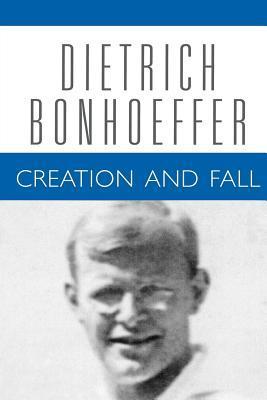What do you think?
Rate this book


224 pages, Paperback
First published January 1, 1937
When Genesis says 'Yahweh', historically or psychologically it means nothing but Yahweh. Theologically, however, i.e. from the Church's point of view, it is speaking of God. God is the One God in the whole of Holy Scripture: the Church and theological study stand and fall with this faith. (8)
This is the question that appears innocuous but through it evil wins power in us, through it we become disobedient to God. If we met this question in its real godlessness we should be able to resist it. But that is not the way to attack Christians. They must be approached with God himself, they must be shown a better, prouder God than they seem to have, if they are to fall. What is the real evil in this question? It is not that it is asked at all. It is that the false answer is contained within it, that within it is attacked the basic attitude of the creature towards the Creator. Man is expected to be judge of God's word instead of simply hearing and doing it. (68)